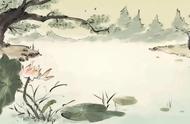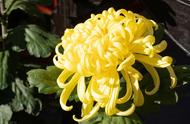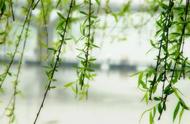古文翻译:
《爱莲说》周敦颐
Love of Water-lily
水陆草木之花,可爱者甚蕃。
Lovers of flowering plants and shrubs we have had by scores, but Tao Qian alone devoted himself to the chrysanthemum.
晋陶渊明独爱菊;自李唐来,世人盛爱牡丹;
Since the opening days of the Tang dynasty, it has been fashionable to admire the peony; but my favourite is the water-lily.
予独爱莲之出淤泥而不染,濯清涟而不妖,
How stainless it rises from its slimy bed! How modestly it reposes on the clear pool — an emblem of purity and truth!
中通外直,不蔓不枝,香远益清,亭亭静植,可远观而不可亵玩焉。

Symmetrically perfect, its subtle perfume is wafted far and wide, while there it rests in spotless state, something to be regarded reverently from a distance, and not be profaned by familiar approach.
予谓菊,花之隐逸者也;牡丹,花之富贵者也;莲,花之君子者也。
In my opinion the chrysanthemum is the flower of retirement and culture; the peony the flower of rank and wealth; the water-lily, the Lady Virtue sans pareille.
噫!菊之爱,陶后鲜有闻;莲之爱,同予者何人?牡丹之爱,宜乎众矣。
Alas! few have loved the chrysanthemum since Tao Qian, and none love the water-lily like myself, whereas the peony is a general favourite with all mankind.

词汇释疑:
shrub [ʃrʌb] n. 灌木; 灌木丛; 果汁甜酒; 复数: shrubs
chrysanthemum [krɪˈsænθəməm] n. 菊花; 菊属
peony [ˈpi:əni] n. 牡丹,芍药
stainless ['steɪnlɪs] adj. 不锈的; 不会脏的; 无污点的; 未被玷污的;
slimy [ˈslaɪmi] adj. 似黏液的; 黏滑的
emblem [ˈembləm] n. 象征,标记; 纹章,徽章
symmetrically [sɪ'metrɪklɪ] adv. 对称性地,对称地,平衡地
reverently ['revərəntlɪ] adv. 恭敬地,虔诚地
profaned [prəʊˈfeɪnd] v. 不敬( profane的过去式和过去分词 ); 亵渎,玷污

花语介绍: 荷花的花语是清白、坚贞、纯洁、信仰、忠贞和爱情。银莲花的花语是失去希望;紫银莲花的是暗恋;白衣莲花的是恋爱。它还有着许多象征意义,如比喻美女、象征爱情或者表达"出淤泥而不染"的高尚情操。













